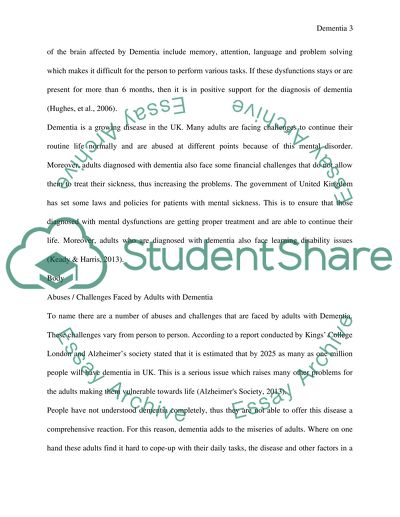Cite this document
(“Protection of vulnerable people (ADULT WITH DEMENTIA) Essay”, n.d.)
Retrieved from https://studentshare.org/nursing/1498783-protection-of-vulnerable-people-adult-with
Retrieved from https://studentshare.org/nursing/1498783-protection-of-vulnerable-people-adult-with
(Protection of Vulnerable People (ADULT WITH DEMENTIA) Essay)
https://studentshare.org/nursing/1498783-protection-of-vulnerable-people-adult-with.
https://studentshare.org/nursing/1498783-protection-of-vulnerable-people-adult-with.
“Protection of Vulnerable People (ADULT WITH DEMENTIA) Essay”, n.d. https://studentshare.org/nursing/1498783-protection-of-vulnerable-people-adult-with.


